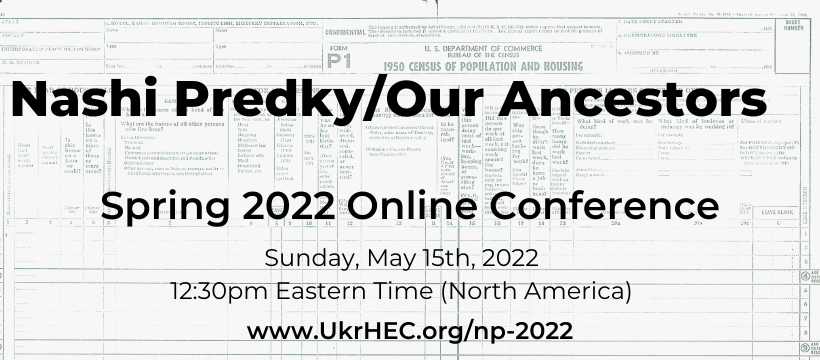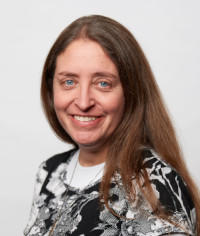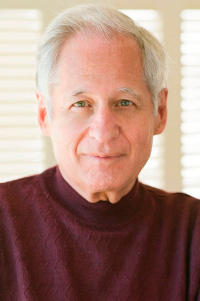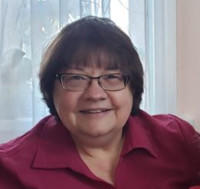When we were planning this conference, Omicron was raging, and so we decided to yet again have the conference online.
What we certainly did not expect was a Russian invasion.
In addition to creating mass displacement, suffering, and death, the war in Ukraine has, of course, severely curtailed researcher access to Ukrainian archives, and has prevented us from having any speakers from Ukraine this time around. Regardless, we have a great, though slightly abbreviated, program on topics relate to records in the United States (including a talk on the newly-released 1950 Census by genealogy superstar Stephen Morse!), and tools and case studies that you can make use of when Ukrainian archives again become accessible.
The schedule is in Eastern Daylight Time (UTC−04:00).
Sunday, May 15th, 2022
| 12:30 pm | Welcome | |
| 12:45pm-1:45 pm | Jewish Russian Empire research: A case study from the Chernihiv region | |
| 2:00pm-3:00pm | ||
| 3:30pm-4:30pm | ||
Session Summaries:
Jewish Russian Empire research: A case study from the Chernihiv region
Jewish records in the Russian Empire include traditional genealogical records like vital records and censuses, but there are many other record types as well that can help understand ancestors and other family members. This case study will look at one such family living near what is now Chernihiv, Ukraine, starting with their life (and related resources) in the United States, and tracing the family back well into the 1700s. A wide variety of documents on this family will be discussed and will demonstrate the breadth of information available for understanding one's family--if you are persistent and follow the clues that they left behind. While this talk focuses on a Jewish family, many of the resources will be applicable regardless of religion.
Searching in the 1950 Census with and without a name index
When the 1950 census will be released in April 2022, it will not have a name index. So finding people in the census will involve searching by location instead. Even when a name index becomes available, there will still be many reasons for doing locational searches.
The census is organized by Enumeration Districts (EDs), so the location needs to be converted to an ED before the census can be accessed. The One-Step website contains numerous tools for obtaining EDs. This talk will present the various tools and show circumstances in which each can be used.
Researching in the Archives and Registry of Vital Statistics (RAHS) in the former Galicia and Bukovina
Elaine will be covering her genealogy inquiry process over many years, including trips to Ukraine and knocking on many doors. She is researching on her Kalynchuk and Stetsko family branches from the village of Strilkivtsi, Borschiv District, Ternopil Oblast and for the Pawliuk and Tkachuk family branches in the village of Malyatyntsi, Kitsman District, Chernivtsi Oblast. She will be covering what the process was like in the earlier days, to how much it has improved over the years, to what avenues are currently available for Ukrainian genealogy researchers.
Speaker Biographies
In his other life Morse is a computer professional with a doctorate degree in electrical engineering. He has held various research, development, and teaching positions, authored numerous technical papers, written four textbooks, and holds four patents. He is best known as the architect of the Intel 8086 (the granddaddy of today's Pentium processor), which sparked the PC revolution more than 40 years ago.







